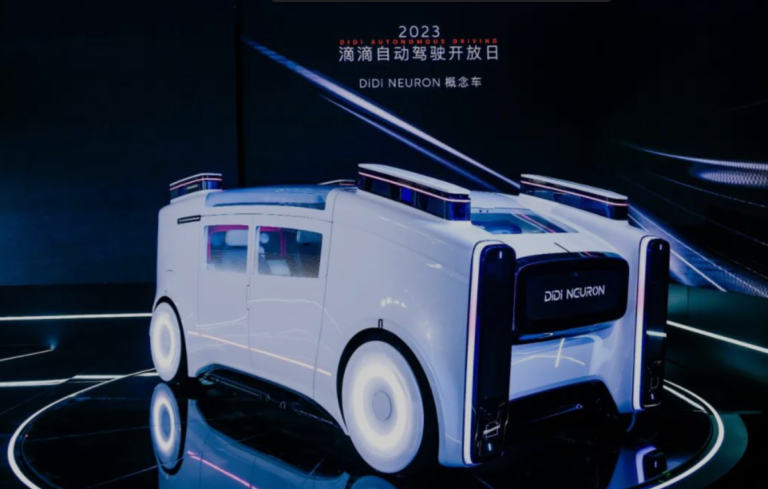
Proton Mail finally has a native desktop app, rolling out now in beta for some users on Windows and MacOS.
The encrypted email service has, of course, been available to desktop users since its inception nearly a decade ago — first through the web, and latterly via a “bridge” that opened access to Proton Mail accounts through desktop clients such as Outlook, Thunderbird, and Apple Mail.
The desktop app provides offline access and is available directly from the Windows Start menu or MacOS dock, while it also bundles access to Proton Calendar, the encrypted calendar app Proton launched back in 2019.
Alongside the new app, Proton also unveiled a handful of new features that will be available to Proton Mail users on both the web and desktop.
Privacy pushFounded in 2014, Proton initially only offered encrypted email, but the Swiss company has expanded into VPNs, a password manager, calendar and a cloud storage service called Proton Drive which also has its own desktop app.

The Chinese Ministry of Transport recently unveiled a set of trial guidelines for autonomous vehicle services like robotaxis, self-driving trucks and robobuses.
The rules also specify the requirements for safety operators at various degrees of automation.
Autonomous cargo trucks should “in principle” be equipped with in-car safety operators.
Robotaxis with advanced automation should have one in-car safety operator.
They should also establish an agreement with the vehicle manufacturers and safety operators on the respective party’s scope of responsibilities.

Zuper, a field service management company, closed on $32 million in Series B funding to provide its customers with technologies and tools to cater to a wider range of workers.
While other field service management companies target specific parts of the market, Zuper was designed to encompass the entire workflow.
That has now evolved into working with small business and enterprise customers, Subbaraj said.
Within that group there are more than 50,000 users of the Zuper platform.
We announced ZIVA earlier this year, and it’s an alpha right now, but our goal is to bring GenAI to the field service management.”

The Chinese Ministry of Transport recently unveiled a set of trial guidelines for autonomous vehicle services like robotaxis, self-driving trucks and robobuses.
The rules also specify the requirements for safety operators at various degrees of automation.
Autonomous cargo trucks should “in principle” be equipped with in-car safety operators.
Robotaxis with advanced automation should have one in-car safety operator.
They should also have an agreement with the vehicle manufacturers and safety operators on the respective party’s scope of responsibilities.

The FCC explained that this first application was a high-level, short one, and that those qualifying for that would receive closer scrutiny.
(In fact the FCC had considered not even letting orbital communications companies apply, but decided to allow them to compete on their merits.)
This was in addition to “numerous financial and technical deficiencies” the agency identified in the proposal and the company’s operations.
It even leaned on the promise of SpaceX’s super-heavy launch vehicle Starship as evidence for these claims.
As the FCC points out, though:A the time of the Bureau’s decision, Starship had not yet been launched.

Spotify is continuing its trend of rewarding its users for engaging with the service. By eliminating the distribution fee for audiobooks purchased on Spotify, Findaway Voices is providing independent authors…

Apple’s Quartz health coaching service is designed to help its users stay healthy by providing advice and support on everything from diet to exercise. This year, the iPad version of…

Following its two-year hiatus, Chinese ride-hailing giant Didi is making a comeback in the public eye. Over the past few months, it has strengthened its relationships with several key players…

TechGround is pleased to offer its subscribers the following roundup of the most important stories of the day. Happy Thursday, fellow Crunchers! As always, we have exciting new content for…

The Warner Bros. Discovery streaming service will launch on April 25, 2019 for $19.99 per month. It will offer a variety of content from both HBO Max and Discovery+, including…














